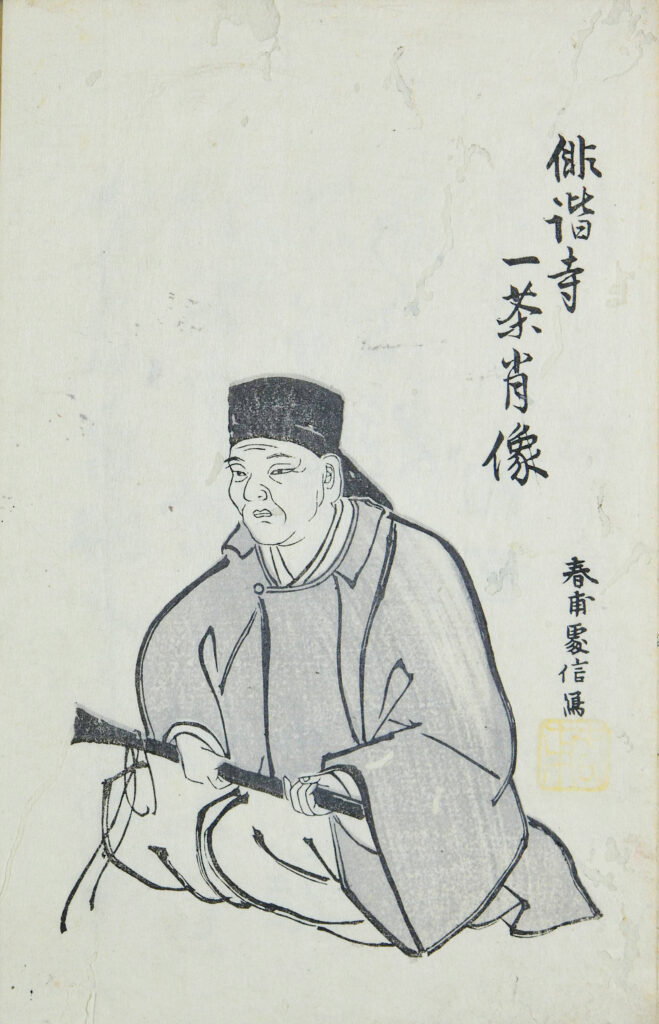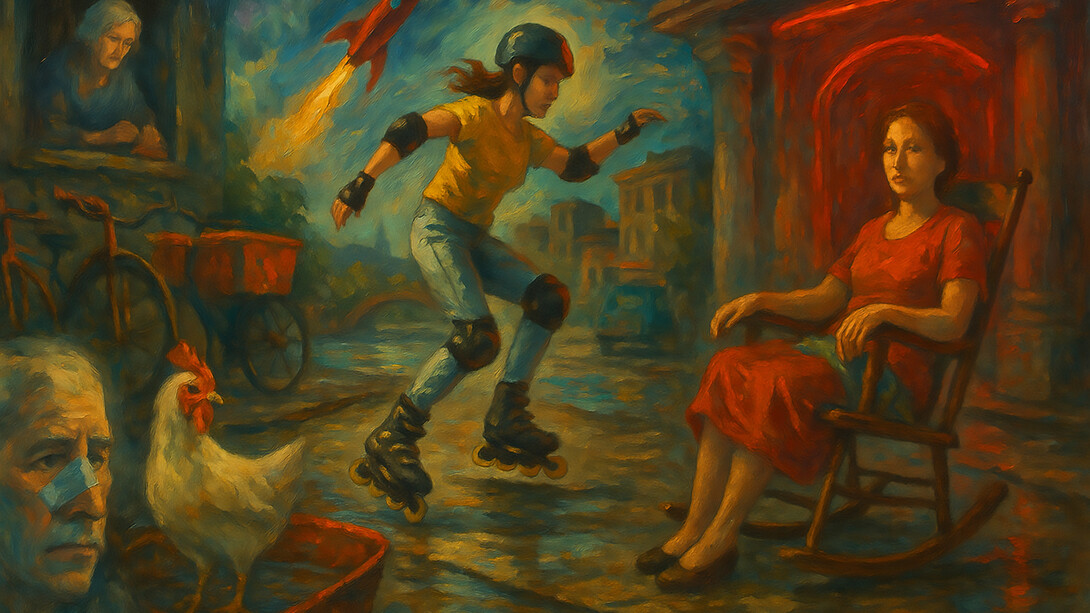William Cowper's "The Task": faith and nature
Exploring the evolution of Christian pilgrimage, morality, and self-discipline in William Cowper’s epic poem
Poetry at the beginning of the eighteenth century was less about emotion than cold reflection. It often took a moral or satirical firm. Cowper intended his poem to ramble, wander, and develop organically. He sought to give the impression of literature as a process created on the spot from the events described. Thus the three-legged stool is developed into a chair and then a sofa over time. His overarching principle is that of the Christian pilgrimage in a fallen world, and he sees his quest as a search for a poetic vision. Poetic language is that of an unfallen man, and his task is to use this corrupted language to express his thoughts and conform to God’s will.
Thomas E Blom in The Structure and Meaning of The Task details the poet’s journey through each book beginning with Lady Austen’s challenge to compose a poem with a sofa as its theme. In book one entitled The Sofa, repose signifies rest from some of the more serious topics of his earlier works, it can also signify physical rest lying on the sofa. However, those who recline and rest must give up country rambles where he refers to sights and bird sounds that enliven the spirit.
There is the rural idyll away from the sights and sounds of the village and town where he can indulge his dreams in tranquil security. Yet he exposes this fallacy by suggesting that far from crystal clear water, the ditch is dirty and overgrown. He likens the grove where he concludes his walk as Eden after the fall as man toils to earn his bread. He argues rest is self-imposed, away from nature and its natural scent, compared to the artificial inferior wonders of an artisan’s hand. He claims illness is caused by being constantly indoors, and nature restores a healthy hue. Cowper sees his task as writing serious poetry, and in this sense, his taskmaster is God.
Book two is entitled Time-Piece and looks at the immorality of man, beginning with slavery. The poet states he would rather be a slave than impose tyranny on someone else. He makes the point that if we have no slaves in our own country, then why should we impose this system abroad? This is a reference to the uprisings in Jamaica in August 1783. Cowper highlights man’s immorality by exposing the corruption of regulatory institutions such as schools, government, the church, and the military. He accuses the church of prostituting and shaming the noble office with his own vanity and starving his flock of the truth. He talks of a time when learning, virtue, piety, and truth were precious and linked with discipline. Learning grew, the mind was well informed, and the passions bought into subordination. However, when discipline is overlooked, the mind falls sick and dies. This produces scholars that know nothing, are blind to scrutiny, the tongue is not curtailed, and they pursue idle sports and vicious pleasures.
The title of book three is The Garden, and it is here that the poet finds self-discipline. He refers to plentiful fruits as compensation for his labor. If he had the choice, there was nothing which he could not possess in the garden—health, leisure, friendship, peace, and the means to improve. He recommends piety, truth, and virtue, which are best secured and promoted through nature. A man can dig, beg, rot, and perish content in honest rags compared to the sordid and sickening success of the commonwealth, where avarice, ambition, vanity, lust, and endless riots occur. London is painted as a hope for better things, a chance to win, to shine, to be amused, but also a place of poverty, begging, overcrowding, and vagrancy.
Book four is entitled The Winter Evening. It contrasts an evening at home in front of the fire and those of the theatergoers who must endure crowds and ranting actors. He considers himself king of the intimate delights of fireside, home, comfort, and undisturbed retirement. Winter prevents him from performing physical activity, but due to his earlier efforts, his mind is disciplined and he has a new way of perceiving reality. This spiritual renewal enables him to write positive poetry and give hope to other sinners. Cowper’s use of fancy makes him realise the loss of paradise, of which the natural world is only a dim reflection, and he cannot alleviate the sorrow of a fallen world.
He returns to the bigger picture in book five entitled The Winter Morning Walk using the lessons he has learned. He considers man’s mortality and his need to erect monuments to his memory, such as the pyramids, the Bastille, and the tower of Babel. This thirst for property and ownership leads to war and the establishment of kings. Patriots have bled and died for their cause, and history records their names in brass and stone, but he states fairer wreaths are earned in defence of truth. Cowper states to walk with God is to be divinely free.
The final book is entitled A Winter Walk at Noon and is composed as a song of praise incorporating all the positive ideas of the previous four books. He feels his task is not to perform any specific social duty but to please God, and by writing his poem, he is conforming to the divine will. Cowper intended to show the poet's growth in awareness and knowledge as it happens.





















